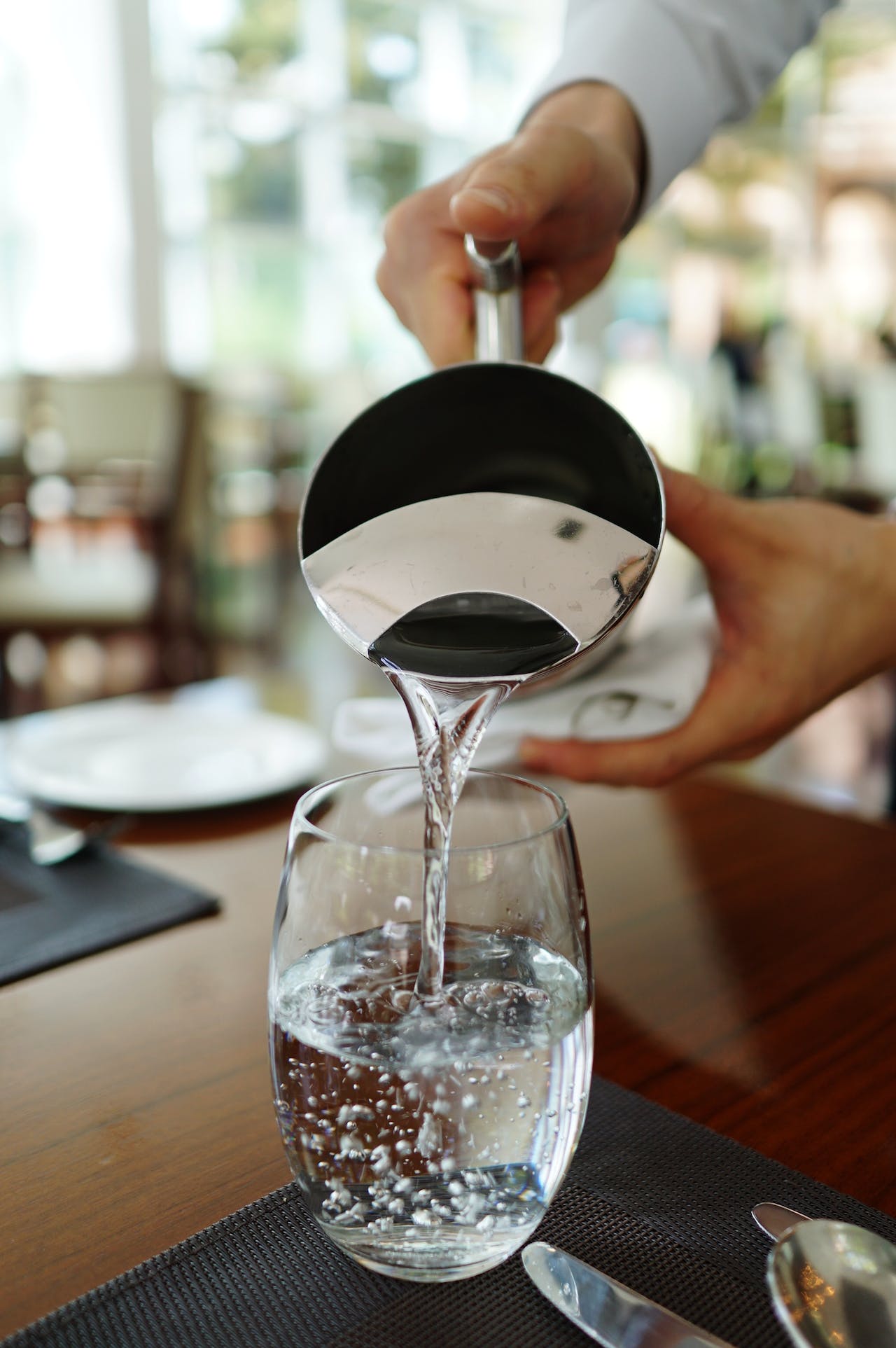Hard water is a common issue faced by 90% of Americans. Water that contains a higher ratio of dissolved minerals is termed hard water. The US Water Quality Association defines hard water as water that has more than 1 GPG (grains per gallons) of hardness mineral deposits; in most cases, calcium and magnesium and
Water carrying less than 1 GPG is considered soft water. While most people perceive hard water as ‘unsafe’ drinking, it is nothing more than a misconception. On the contrary, drinking hard water increases the daily mineral intake, which helps against several diseases.
The health impact is not the only thing you should be wary of while dealing with hard water. But what is it exactly that makes hard water risky to use?
The Downsides of Hard Water
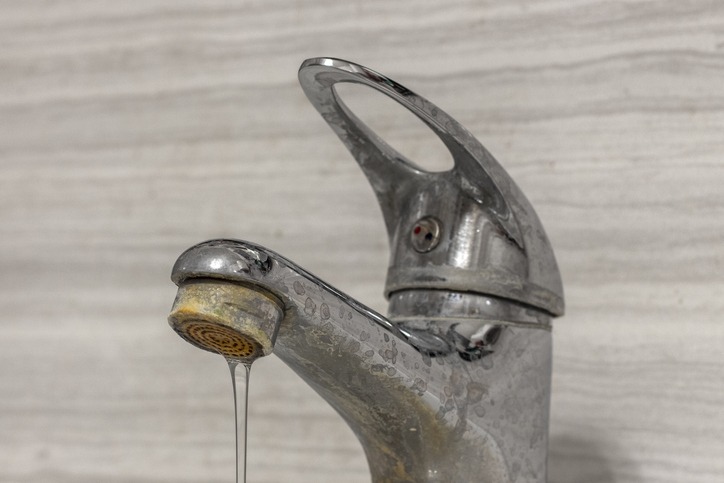
Hard water has more minerals that make it drinkable but to a certain extent. While on one side, hard water is more mineral-packed, drinking it like normal water can cause serious issues. Moreover, it is believed to cause hair fall, skin dryness, and irritation.
In the laundry, the minerals in the water react with the chemicals in detergent, diminishing its efficacy to eliminate stains. It also accelerates the color fading process and deteriorates the texture of the clothes. Besides, washing dark-colored apparel with hard water will leave scales and smudges on the clothes.
Hard water is also responsible for corrosion in plumbing lines; pipeline rust and metal can infuse with water, thus making it unsafe for drinking purposes. It can also cause scale build-up and leave white residue on your cooking utensils, glassware, sinks, and other kitchen accessories, making them look awful and hazardous to use.
Effective Ways of Treating Hard Water
If you are done dealing with hard water issues in your home, you genuinely need some water softener solutions. Here we have listed some effective and extensively used water treatment procedures. Check out to find what fits your needs.
Boiling Water
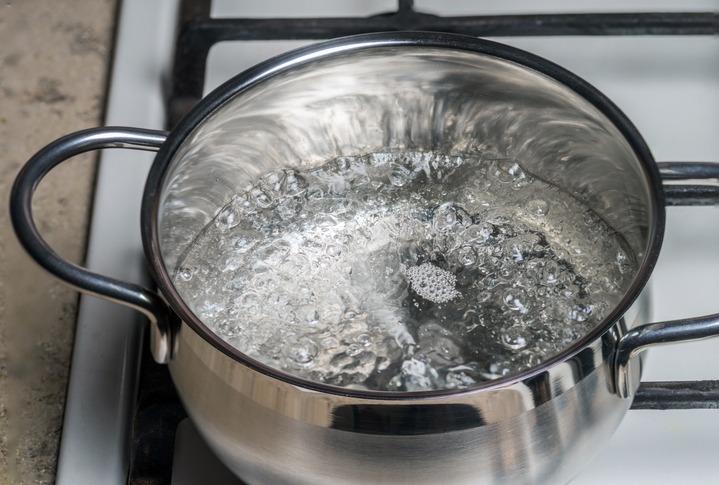
Although the process is only viable for temporary hard water – one with high concentrations of calcium bicarbonate, the process is a widely used method. The targeted mineral precipitates out at higher temperatures resulting in softer water.
Unlike other treatment options, boiling is a conventional method used for decades to fight hard water. However, the process is only effective against partial or temporary hardness.
It is essential to realize that water geysers might not be as effective as the conventional boiling process is mainly due to the mineral precipitation that may accumulate on the insides of the pipe.
Vinegar
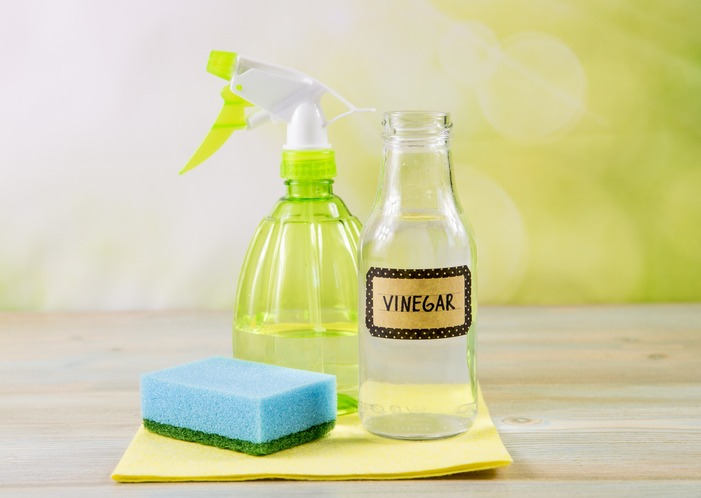
The vinegar reacts actively with calcium – the primary mineral found in hard water, causing it to dissolve. The compound mainly helps tackle the build-up residue spots on glassware and kitchen utensils.
Simply pour a small quantity of vinegar in hot water and use it to wash down the built-up scales. Or you can soak the affected fixtures in a vinegar mixed hot water bowl for 30 minutes if you want a thorough cleanup of germs, bacteria, mildew, and scales.
Rinse Aid
Hard water and soap don’t usually go well. You must have noticed how hard it is to produce soap foam with hard water. The reason is that, unlike soft water, hard water contains positively charged calcium ions that fail to build a bond with soap molecules.
The soap molecules are left suspended, therefore, reducing the cleaning power of soaps and forming soap buildups on the kitchenware. The easy way to counter the problem is using a specific chemical cleaning agent. Such products enable soap molecules to bond with calcium ions despite their positive charge and help them dissolve in the water.
Washing Soda
Doing laundry can become a complete hassle with hard water. Not only does it reduce the detergent’s efficacy, but it also forms stains and cause color fades. However, using washing soda can help you overcome the hassle altogether.
Washing soda contains carbonic acid salt that removes the merged magnesium and calcium mineral deposits in hard water. Once these minerals are removed, you will have a better and improved wash. The product works effectively against both temporary and permanent hard water.
Magnetic Water Conditioner
Magnetic water conditioners prove effective for water softening in regions with temporary or mildly hard water. The device is connected near the main water supply line and magnetic condition to attract or repel unwanted water minerals making it soft enough for everyday usage. The conditioner also prevents water pipe corrosion by avoiding scales from building up on the pipe insides.
Water Softeners
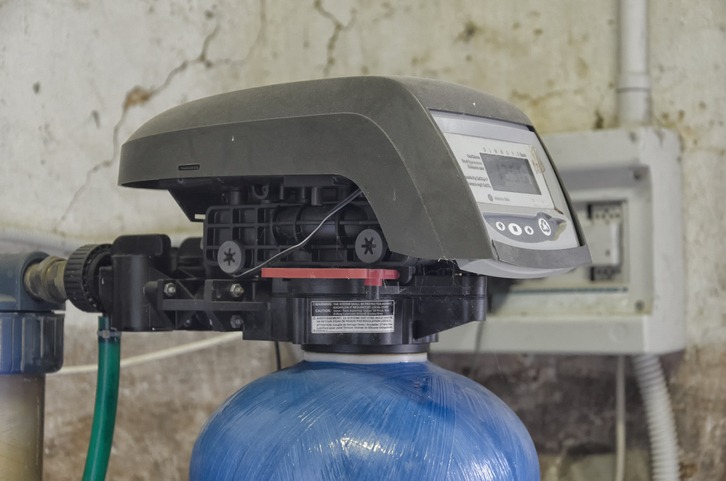
A water softener is a water filtration mechanism that helps remove excess sodium, magnesium, calcium from the water, making it usable for domestic purposes. The process uses specialized filters that stop hard water minerals from passing through and allow soft water to flow through the pipelines.
How does a water softener work?
A water softener is also called an ion exchange unit. It is a common type of residential water softener commonly available. The water softener has a chemical and physical filter process that filters the water through the natural and synthetic resin.
The resin helps dissolve the calcium and magnesium ions in permanent hard water and transform them into consumable sodium ions. The ion exchange process needs a constant salt supply to react with hard water mineral ions.
Due to continuous usage of the system, the sodium ions get replaced by minerals impeding the resins to transform these ions. Once the limit is reached, the process would need a regeneration cycle to start anew.
This cycle will backwash the resin with a salt solution, then the brine is flushed, and the magnesium and calcium stuck in the resin are flushed along with it. Once the backwashing is complete, you can use the water softener back.
Salt-Free Water Conditioner
Although these salt-based water models are cheaper, they fail to decompose the sodium left out in the water. Excessive amounts of sodium can place your immune system at risk. If you want to prevent such a scenario, you should get a salt-free water conditioner instead.
As the name implies, a Salt-free water conditioner does not need frequent supplies of salts to counter the magnesium and calcium ions. Also, no resin decomposition means you no longer have to worry about the regeneration cycle every 2 – 3 months.
The conditioners solely rely on a well-built wastewater drainage system and constant electricity supply, or at least when you need the water. The best thing about salt-free water conditioners is their extensive warranty. They can easily work for years without needing any frequent upkeep or periodic replacement.
FAQs: Ultimate Solutions for Hard water
What is the best way of softening hard water without a water softener?
If you do not have a water softener or conditioner installed on your main water supply, you would need to soften it separately. The easy and cost-effective way of doing that is by boiling the hard water. The excessive mineral precipitates out at a higher temperature, making it fit for consumption.
Is it okay to use hard water for bathing purposes?
Hard water is not ideal for bathing purposes as it may damage or cause infection on the skin and hair. The high magnesium and calcium ions form a layer on the hair, preventing moisture. This results in weak hair that is more prone to break away. You can install a shower head water filter to keep the harmful minerals at bay. Adding baking soda or bath salts can be effective against dryness.
Are water conditioners better than ion exchange systems?
The ion exchange system usually softens the water by replacing the magnesium and calcium ions with more edible sodium ions. However, the higher sodium intake can cause health issues related to the immune system. The exchange system also requires a regeneration cycle every 6 – 8 weeks. On the other hand, water conditioners don’t need any of that, making them safer and better than ion exchange systems.
Should I use softened water for gardening?
Most softened water usually consists of high proportions of sodium salts. The high salt concentration is often harmful to plants as it interrupts the water balance in plants, further leading to plant death.
Choosing the Right Water Treatment Solution
Hard water is a severe issue for most homes, and if yours is one of those, we have enlisted some easy, cheap, practical water treatment solutions you can implement. A magnetic water conditioner will work perfectly if you have slightly hard water. Or you can also use some quick fixes like rinsing aids, vinegar, washing soda that work just as fine in keeping your dishes and clothes clean. Whereas, for more severe cases of hard water, you should rely on a fully comprehensive water softener system (salt-based or salt-free water conditioner; whatever works for you).

